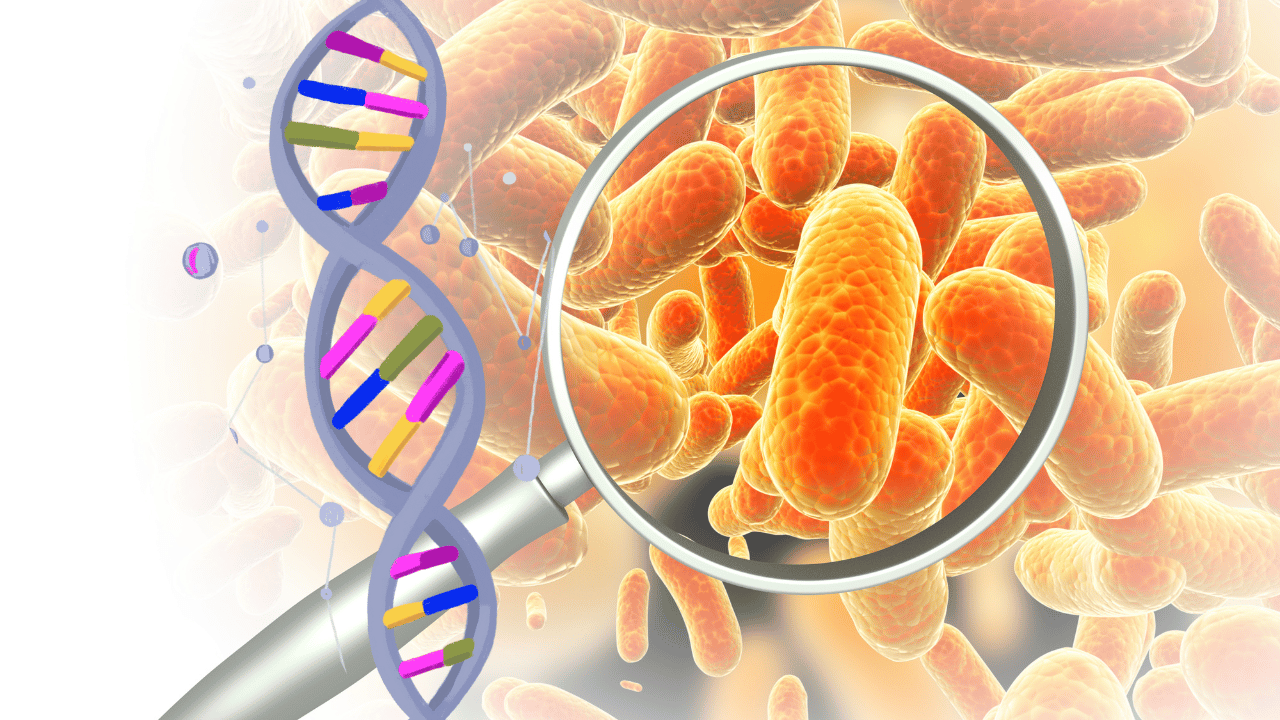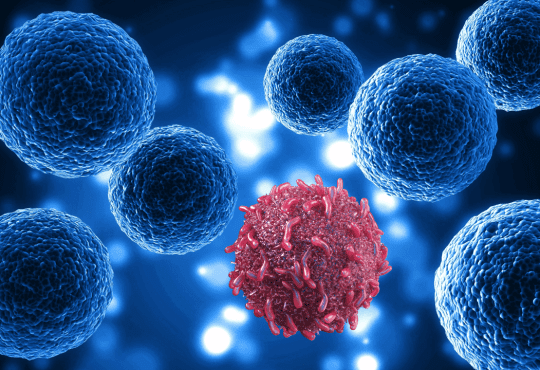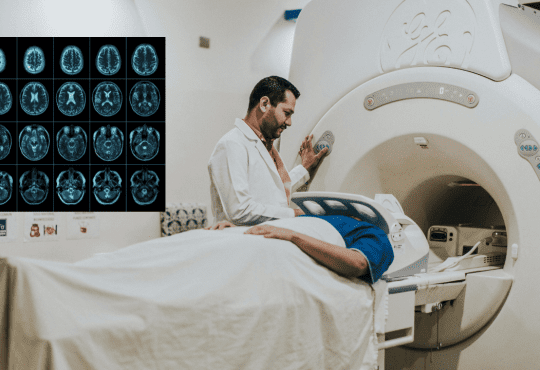
Evolution Engines: How Scientists Are Fast-Forwarding DNA to Create New Proteins
Evolution, But on Fast-Forward
In nature, evolution is slow. Genes change little by little, over thousands or even millions of years. In the lab, though, scientists have found ways to speed this process up — a method called directed evolution. It’s been used to design better medicines, cleaner industrial enzymes, and even Nobel Prize–winning breakthroughs.
But until recently, directed evolution was still a slog, taking months of careful trial and error. Now, two new technologies — T7-ORACLE and PROTEUS — are being called “evolution engines.” They can create and test mutations at lightning speed, essentially giving scientists a fast-forward button for evolution (Sellés Vidal et al., 2023).
T7-ORACLE: The Bacterial Evolution Engine
The first system, developed at Scripps Research, is called T7-ORACLE. Here’s how it works:
- It runs inside E. coli bacteria, a favorite tool of biologists.
- Instead of altering the bacteria’s main DNA, it introduces changes only in plasmids — small circular pieces of DNA.
- This way, the bacteria stay healthy, while the target gene mutates rapidly.
To test it, researchers inserted a gene that makes bacteria resistant to antibiotics. Then they gradually raised the antibiotic levels. In just one week, the bacteria produced proteins that could survive doses 5,000 times higher than before (Scripps Research, 2025). Normally, this would take months.
As Pete Schultz of Scripps explained, it’s like giving evolution a fast-forward button.
PROTEUS: Evolution in Animal Cells
On the other side of the world, scientists at the University of Sydney built a different kind of engine called PROTEUS. Instead of bacteria, PROTEUS works in mammalian cells — the type more similar to human biology (Puiu, 2025; Rayne, 2025).
- PROTEUS uses tiny, virus-like “bubbles” to spread mutations between cells.
- This makes it possible to evolve proteins in the environment where many human proteins naturally fold and function.
- In other words, it brings evolution research closer to the human body.
This is important because proteins often behave differently in bacteria versus animal cells. By running evolution in mammalian systems, PROTEUS could speed up discoveries that directly affect human medicine.
Why This Matters
Both engines are designed to solve the same problem: traditional protein engineering is too slow. With these tools, scientists can now:
- Develop new medicines — proteins that could fight cancer, autoimmune disease, or neurodegeneration.
- Stay ahead of superbugs — evolving new antibiotics and treatments faster than bacteria can resist them.
- Create greener industries — designing enzymes that reduce waste, clean up pollution, or make food production more efficient.
- Advance basic science — building new research tools to study how life works at the molecular level.
The potential applications reach far beyond the lab — from the medicines in your cabinet to the detergents in your laundry room.
The Ethical Side
Of course, with great power comes big questions. Evolution has always been nature’s domain. Now that humans can direct it in weeks instead of millennia, some ethicists urge caution.
How far should we go in reshaping life at the genetic level? Most agree that strong oversight — much like with CRISPR gene editing — is needed to ensure the technology is used responsibly (Filbee-Dexter & Smajdor, 2019).
What This Means for Everyday Life
For now, you won’t see these “evolution engines” in your local clinic or pharmacy. But the implications are real:
- Faster treatments: Instead of waiting decades for new drugs, discoveries could come in a fraction of the time.
- Better responses to pandemics: Evolution engines might help develop vaccines or therapies more quickly.
- Cleaner products: Everyday items like fuel, soap, or food could be made using enzymes designed through these systems.
In short: this is science that could touch everything from your health to your household.
The Bottom Line
Evolution is nature’s slow innovator. But with tools like T7-ORACLE and PROTEUS, scientists are learning how to press “fast-forward.”
It’s still early days, but the promise is enormous — medicines, industries, and technologies that once seemed decades away could arrive much sooner.
For all of us, that could mean healthier lives, safer treatments, and greener products in the not-so-distant future.
References
Filbee-Dexter, K., & Smajdor, A. (2019, January 30). Ethics of assisted evolution in marine conservation. Frontiers in Marine Science, 6, Article 20. https://doi.org/10.3389/fmars.2019.00020
Large, H. (2025, August 15). New “evolution engine” can mutate target genes 100,000 times faster than normal. IFLScience.
Puiu, T. (2025, July 8). Scientists created an evolution engine that works inside animal cells like a biological AI. ZME Science.
Rayne, E. (2025, July 10). Scientists found a way to speed up evolution inside human cells. Popular Mechanics.
Scripps Research. (2025, August 7). Scientists build an “evolution engine” to rapidly reprogram proteins.
Sellés Vidal, L., Isalan, M., Heap, J. T., & Ledesma-Amaro, R. (2023). A primer to directed evolution: Current methodologies and future directions. RSC Chemical Biology, 4(4), 271–291. https://doi.org/10.1039/d2cb00231k
⚠️ Disclaimer: This article is for educational purposes only. It is not a substitute for professional medical advice or guidance.









